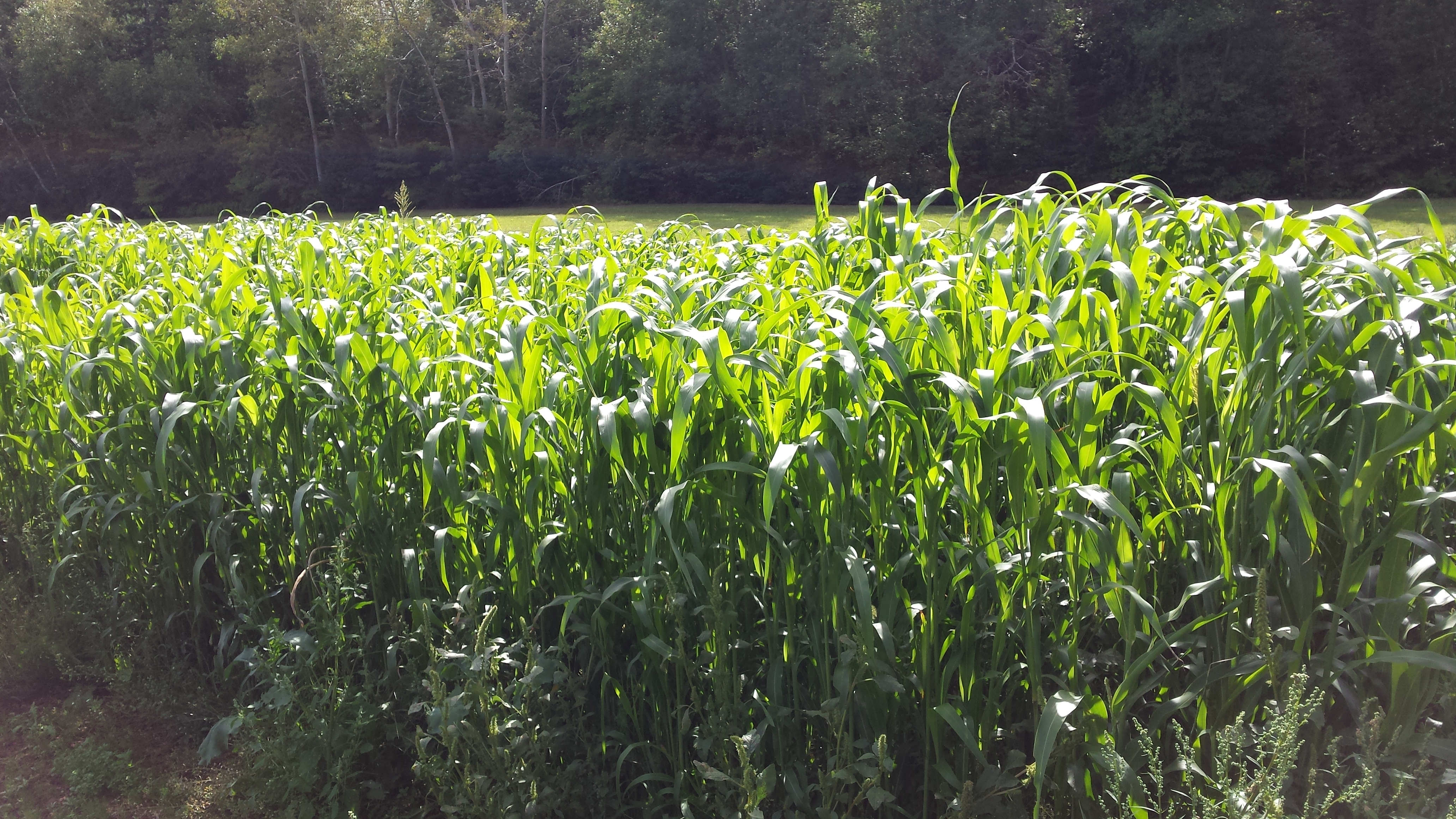
21 Dec Agronomy Update – Dec 21
Good afternoon everyone,
It’s the shortest day of the year…and I know that many of you have increasingly short attention spans given our proximity to Christmas (haha). However, I wanted to get one last update out to you before the holidays start.
Soil Building Crops:
I’ve had requests from a few producers already looking for results from some of our work on soil-building crops as well as crops for fighting potato early dying (PED) complex this past year. Morgan and I are still working through all of the data, and our plan is to do local meetings on this subject in early to mid February. However, I know that many of you are starting to look ahead at seed purchases and making field plans while you have time this winter.
A couple of trends we saw in fields this year:
- Multi-species mixtures (MSM) with more than 10 species in the mix only led to a potato yield increase at 1 out of 3 fields. In this field, the ryegrass check crop was rather poorly established in comparison. None of the fields showed a one year impact on soil health/organic matter, but it’s hard to see big changes in just one year. Will require more data for sure.
- There were reports of some weed/volunteer issues with multi-species mixtures on several farms, including one of our trial fields where mugwort appeared. Check with your seed supplier regarding clean, weed-free seed.
- We did not see an increased yield from use of sorghum sudangrass across three fields, but we also did not see any evidence of tuber quality issues (ie. common scab). Extremely dry conditions made it somewhat difficult to draw many conclusions from these fields last year. We have more fields set up for next year.
- Two trial fields using mustard (alone or in mixture) seemed to show benefits over a full-season forage crop in potato yield and quality. This will be further explored in 5 more fields that were set up this year for potatoes next year.
- Red clover continues to show a higher trend for multiplying root lesion nematodes than other legume species (alfalfa, white clover, etc). Annual ryegrass appears to also multiply root lesion nematodes faster than other grasses and cereals (timothy, barley, oats, etc). Work continues on this as well.
We intend to have more complete data on our trials to share with you in February. In the meantime, here are some links to resources on our Agronomy website that might help you in starting to narrow down your choices for rotation crops in 2021:
Rotation Crops: Quick Reference Table (PDF)
Eastern Canadian Cover Crop Decision Tool (link)
Choosing the Right Rotation Crops – Overview from Jan 2020 (PDF)
—-
January Local Meetings – Weed Management:
We are planning AIM Local Workshops on January 12th and 13th, 2021 with Dr. Andrew Mackenzie-Gopsill of AAFC Charlottetown on the topic of Weed Management in Potato Rotations. Andrew has been doing lots of work on managing weeds in potato rotations as well as herbicide resistance. Given the significant issues with weeds that many growers faced in 2020, I think this should be a timely topic!
At the moment, we are planning to hold in-person local workshops on these dates, depending on CPHO regulations at that time. However, we will likely be going with slightly smaller groups. Final details will be communicated with you in early January to confirm times, locations, and pre-registration requirement. It is mostly likely that we will restrict in-person workshops to attendance by growers, but also doing an livestream on Zoom for industry partners or growers unable to make it out to an in-person meeting. Stay tuned for final details soon, but mark those dates on your calendar for now.
—-
Other Upcoming Extension Events:
2021 Canadian Spud Congress (Feb 24/25): https://canadianspudcongress.ca/
Canadian Potato Summit (Feb 3): https://www.potatoesincanada.com/virtual-events/canadian-potato-summit/
NPC Virtual Potato Summit (Jan 5-7): https://potato-expo.com/
—-
Finally, I want to take this opportunity to thank potato growers and industry partners for your help in the past year. 2020 has been a challenging year all-around, so I truly appreciate those that continue to show up to meetings, provide us with feedback on trials and extension projects, and support the work that is being done through AIM and other efforts to further research and agronomy work here in Prince Edward Island.
Have a very Merry Christmas and Happy New Year, and I look forward to seeing you all in 2021!
Cheers
Ryan
